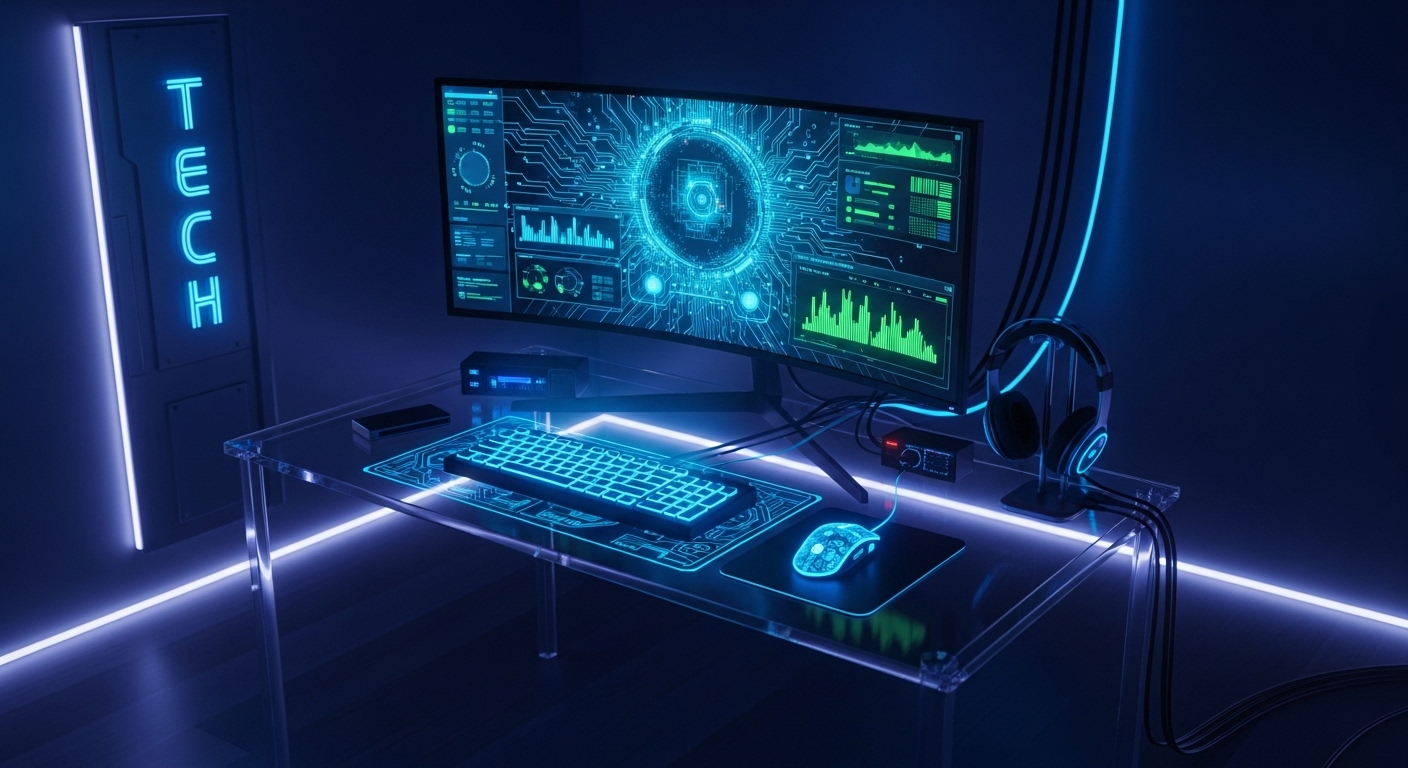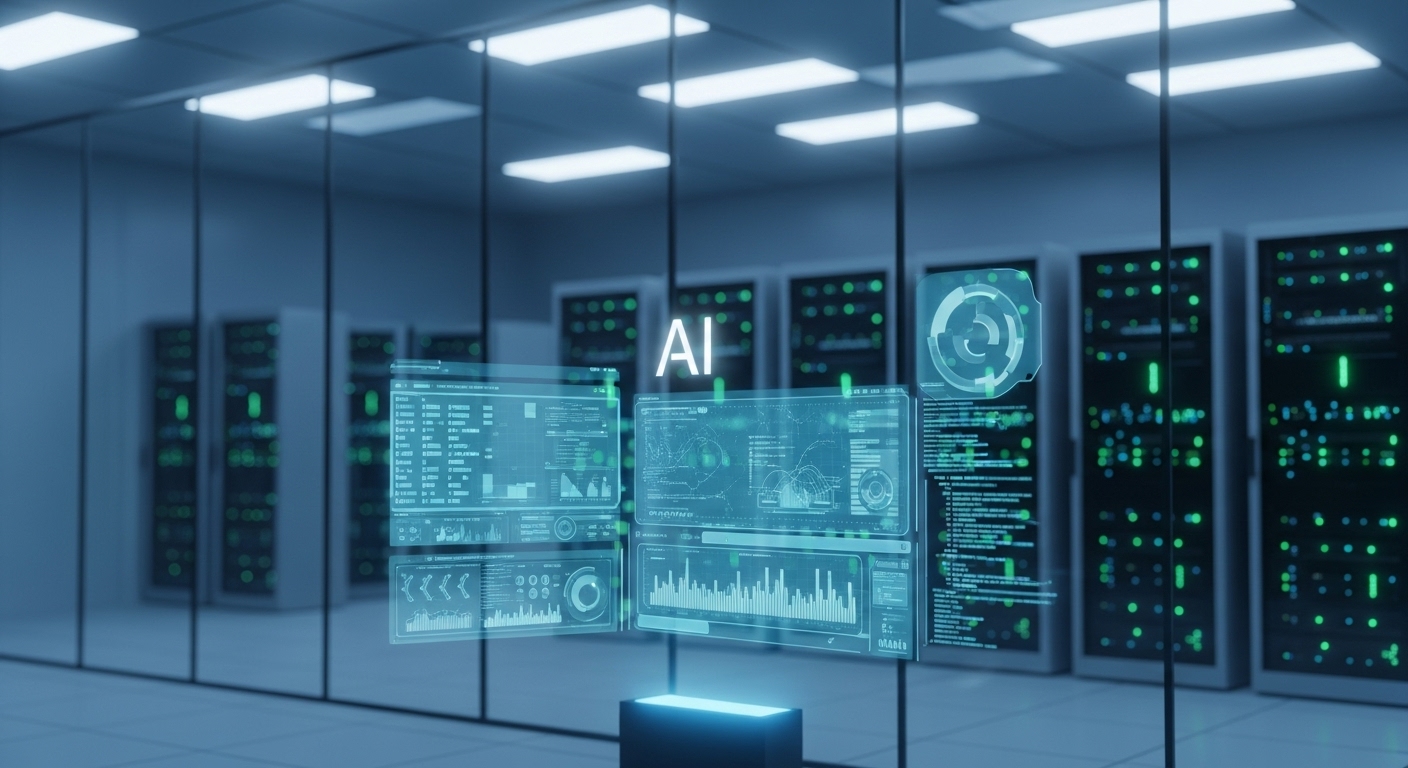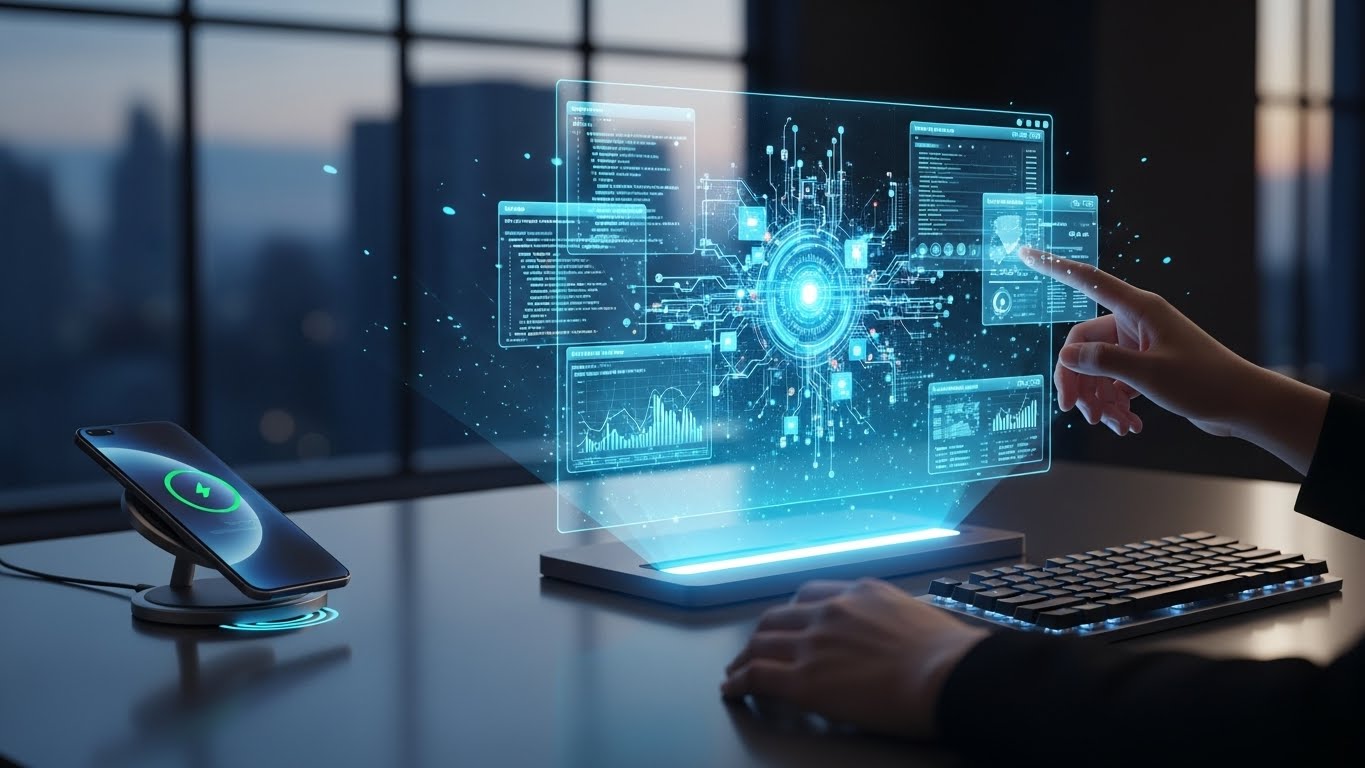Technology has become the driving force behind almost every aspect of modern life. From the devices we carry in our pockets to the sophisticated systems that power industries, technology has reshaped the way we live, communicate, work, and entertain ourselves. The pace of technological advancement has accelerated dramatically over the past few decades, creating opportunities, challenges, and new possibilities that were unimaginable a generation ago.
This blog explores the evolution of technology, its applications across industries, and the ways it continues to transform society. We will examine computing, artificial intelligence, the internet, blockchain, virtual and augmented reality, cybersecurity, and emerging trends while highlighting the social, economic, and ethical implications of technological progress.
The Evolution of Technology
The story of technology is deeply intertwined with human progress. Early innovations focused on tools and machines that made daily life easier. From the wheel and plow to the printing press, technological advancements have always aimed to increase efficiency, productivity, and human capability.
The industrial revolution marked a turning point, introducing mechanized production, steam engines, and electricity. These innovations transformed agriculture, manufacturing, and transportation, reshaping societies and economies. The 20th century saw the rise of electronics, computing, and telecommunications, laying the foundation for the digital era.
With the advent of personal computers, the internet, and mobile devices, access to information became widespread. Technology evolved from physical tools to complex systems capable of processing vast amounts of data, connecting people globally, and automating tasks previously handled by humans.
Computing Power and Its Influence
Computing has become the backbone of modern technology. Personal computers revolutionized how people work, study, and create. High-performance processors and graphics units enable complex tasks such as scientific simulations, 3D modeling, and high-definition gaming.
Cloud computing has further transformed the landscape. It allows data, applications, and computing resources to be hosted remotely and accessed from anywhere. Cloud technology reduces the need for physical infrastructure, increases scalability, and facilitates collaboration across distances. Businesses and individuals alike benefit from flexible, cost-effective computing solutions.
The Internet and Global Connectivity
The internet is arguably the most transformative technology of the modern era. It has changed how people communicate, access information, and conduct business. Social media platforms, messaging applications, and video conferencing tools have created real-time global communication channels.
E-commerce has transformed retail, enabling businesses to reach customers worldwide with minimal physical infrastructure. Online platforms allow consumers to compare products, access reviews, and receive personalized recommendations. The internet also democratizes knowledge, offering educational resources, research materials, and tutorials to anyone with an internet connection.
Artificial Intelligence and Machine Learning
Artificial intelligence has become one of the most influential technological developments of the 21st century. AI systems can analyze large datasets, recognize patterns, and make decisions with minimal human input. Machine learning, a subset of AI, allows systems to improve performance over time by learning from data.
Applications of AI are diverse. In healthcare, AI assists with diagnostics, predictive modeling, and personalized treatment. In finance, AI detects fraud, analyzes market trends, and predicts investment risks. In marketing, AI enables targeted campaigns and consumer behavior analysis. Autonomous vehicles, virtual assistants, and robotics further demonstrate AI’s transformative potential.
The Internet of Things (IoT)
The Internet of Things connects everyday objects to the internet, creating intelligent networks capable of exchanging information. IoT devices include smart home appliances, wearable health monitors, connected vehicles, and industrial sensors.
IoT enhances efficiency and convenience. Smart homes adjust lighting, heating, and security systems automatically. Wearable devices track fitness and health metrics in real time, supporting proactive healthcare. Industrial IoT optimizes production processes, predictive maintenance, and supply chain management, leading to cost savings and improved operational efficiency.
Cybersecurity in a Digital World
As technology advances, cybersecurity has become a critical priority. Cyber threats such as data breaches, ransomware attacks, and identity theft pose risks to individuals, businesses, and governments. Protecting sensitive data and ensuring secure digital communication is essential.
Organizations implement cybersecurity strategies such as encryption, multi-factor authentication, network monitoring, and threat detection systems. Maintaining cybersecurity requires continuous adaptation to emerging threats, highlighting the importance of proactive and dynamic defense measures. Individuals also play a role by practicing safe digital habits and protecting personal information online.
Cloud Computing and Remote Collaboration
Cloud computing has revolutionized how work is performed and how businesses operate. By hosting software, data, and services on remote servers, cloud technology eliminates the need for extensive on-site infrastructure. This enables real-time collaboration, remote access, and scalability.
The rise of remote work has been accelerated by cloud computing. Tools for video conferencing, project management, and document sharing allow teams to operate efficiently regardless of location. Cloud solutions support business continuity, enable digital transformation, and provide flexibility for organizations and employees.
Emerging Technologies: VR, AR, and Blockchain
Virtual reality and augmented reality are redefining human interaction with digital content. VR creates fully immersive experiences for gaming, education, training, and simulations. AR overlays digital information onto the physical world, enhancing navigation, visualization, and learning.
Blockchain technology provides decentralized, transparent, and secure systems for managing transactions and information. Beyond cryptocurrency, blockchain is used in supply chain management, digital identity verification, and smart contracts. These emerging technologies expand possibilities for innovation and efficiency across multiple sectors.
Technology in Healthcare
Technological advancements have transformed healthcare delivery. Telemedicine enables remote consultations, while AI-driven diagnostic tools improve accuracy and efficiency. Wearable devices monitor vital signs, providing real-time insights for both patients and healthcare providers.
Robotics and automation assist in surgery, reduce errors, and improve operational efficiency. Healthcare data analytics enables predictive modeling, population health management, and personalized treatment plans. Technology has made healthcare more accessible, effective, and patient-centered, improving outcomes and quality of life.
Education and Technology
Education has been revolutionized by digital technologies. Online learning platforms, virtual classrooms, and interactive applications provide access to knowledge worldwide. Students can collaborate, discuss, and engage with content in real time, regardless of location.
AI-powered adaptive learning systems personalize content, helping students learn at their own pace. Gamification and simulations increase engagement, retention, and comprehension. Technology also enables lifelong learning, equipping individuals with skills required to succeed in a rapidly evolving job market.
Business Innovation Through Technology
Businesses leverage technology to streamline operations, enhance productivity, and improve customer experiences. Automation reduces repetitive tasks, freeing employees to focus on strategic initiatives. Data analytics provides insights for better decision-making, product development, and marketing strategies.
Digital marketing, e-commerce, and social media platforms allow companies to reach global audiences efficiently. Technology also supports global expansion, operational flexibility, and competitiveness in an increasingly digital economy. Organizations that embrace innovation are better positioned to adapt and thrive.
Entertainment and Technology
The entertainment industry has been dramatically transformed by technology. Streaming services provide on-demand access to movies, music, and games, delivering personalized experiences. High-performance graphics, interactive gaming, and immersive content have set new standards for entertainment consumption.
Gaming has become one of the most prominent sectors, driven by advancements in hardware, cloud gaming, and online multiplayer experiences. Esports has emerged as a global phenomenon, combining competitive gaming with professional content creation. Virtual reality and augmented reality continue to redefine storytelling, engagement, and creative expression.
Ethical Considerations in Technology
The widespread use of technology raises important ethical questions. Issues such as privacy, data security, algorithmic bias, and equitable access require careful consideration. Organizations, policymakers, and developers must prioritize responsible and inclusive technology deployment.
Transparency, accountability, and adherence to ethical standards are essential to building trust in technology. Ensuring equitable access and addressing social disparities are critical for leveraging technology to benefit society as a whole. Ethical innovation balances progress with societal responsibility, fostering sustainable and fair technological growth.
The Future of Technology
The future promises even greater integration of technology in daily life. Emerging fields such as artificial intelligence, quantum computing, biotechnology, and advanced networks will continue to transform work, healthcare, education, and entertainment.
Sustainable technologies will address environmental challenges, optimize resource use, and reduce the carbon footprint of human activity. Collaboration between governments, industries, and research institutions will accelerate innovation and ensure technology benefits all of society.
As digital ecosystems expand, adaptability, creativity, and lifelong learning will be crucial. Technology will continue to redefine human experience, creating opportunities for productivity, connectivity, and innovation that were once unimaginable.
Conclusion
Technology has reshaped the modern world, impacting communication, education, healthcare, business, and entertainment. From computing and the internet to artificial intelligence, IoT, and emerging innovations, technology continues to transform society at an unprecedented pace.
Understanding its applications, challenges, and potential is critical for individuals, organizations, and policymakers. By embracing responsible innovation, we can harness technology’s power to create a more connected, efficient, and equitable world.
The story of technology is one of human creativity, progress, and adaptation. As we continue to innovate and explore new possibilities, technology will remain the foundation upon which the future is built, shaping the way we live, work, and interact for generations to come.



